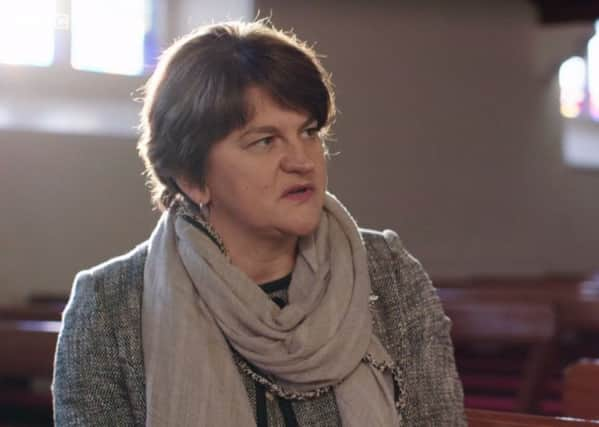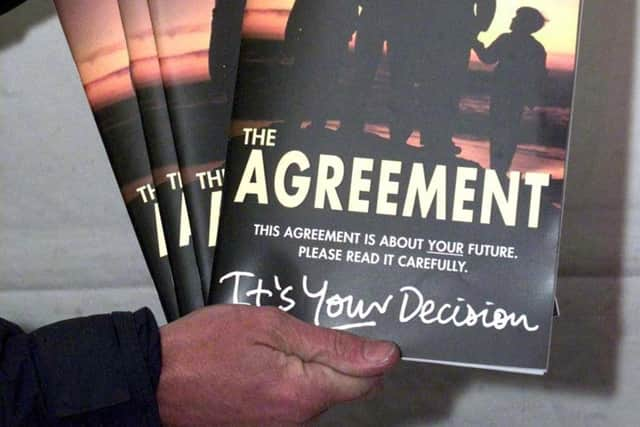Ben Lowry: Irish unity might to lead to immediate rehabilitation of the IRA terror campaign


Her DUP colleague Jeffrey Donaldson talked to Radio Ulster Talkback about how he might react to Irish unity, while his co-MP Jim Shannon told this newspaper about how he would respond to that scenario. The Ulster Unionists Tom Elliott and Robin Swann did likewise.
My fear is that Irish unity might lead to an immediate rehabilitation of the Provisional IRA campaign by the establishment in the Republic.
Advertisement
Hide AdAdvertisement
Hide AdThere is no reason why this would necessarily be so — the leaders of the main parties south of the border could make clear that they still thought that the IRA campaign had been unnecessary terrorism.


But we have been given some clues in recent years that the very success of the Belfast Agreement, let alone unity, has had the unintended consequence of sanitising the IRA campaign (unintended by non republicans, that is).
The main parties, including the DUP and Sinn Fein, ended up accepting the 1998 template and often tried to make it work. This had the effect of making almost everyone look in some respect constructive.
Therefore even some quite hardline republicans or loyalists will have looked across the aisle at points and recognised the role being played in local government by their erstwhile enemies.
Advertisement
Hide AdAdvertisement
Hide AdIt is much easier then to overlook more contentious past conduct, be it sectarian or even violent.


This occasional goodwill cuts in both directions but republicans are more determined on legacy matters and depicting the Troubles a particular way.
Also, the official Republic 2016 commemorations of the 1916 Rising showed that the level of public support for contested violence at the time (small) ultimately mattered less than its impact (large).
I say this not to dismiss the 1998 agreement, merely to identify one of its big challenges for unionism.
Advertisement
Hide AdAdvertisement
Hide Ad• On Tuesday, we will publish a supplement on the accord on its 20th anniversary, including recollections of some of its architects.
• Ben Lowry (@BenLowry2) is News Letter deputy editor